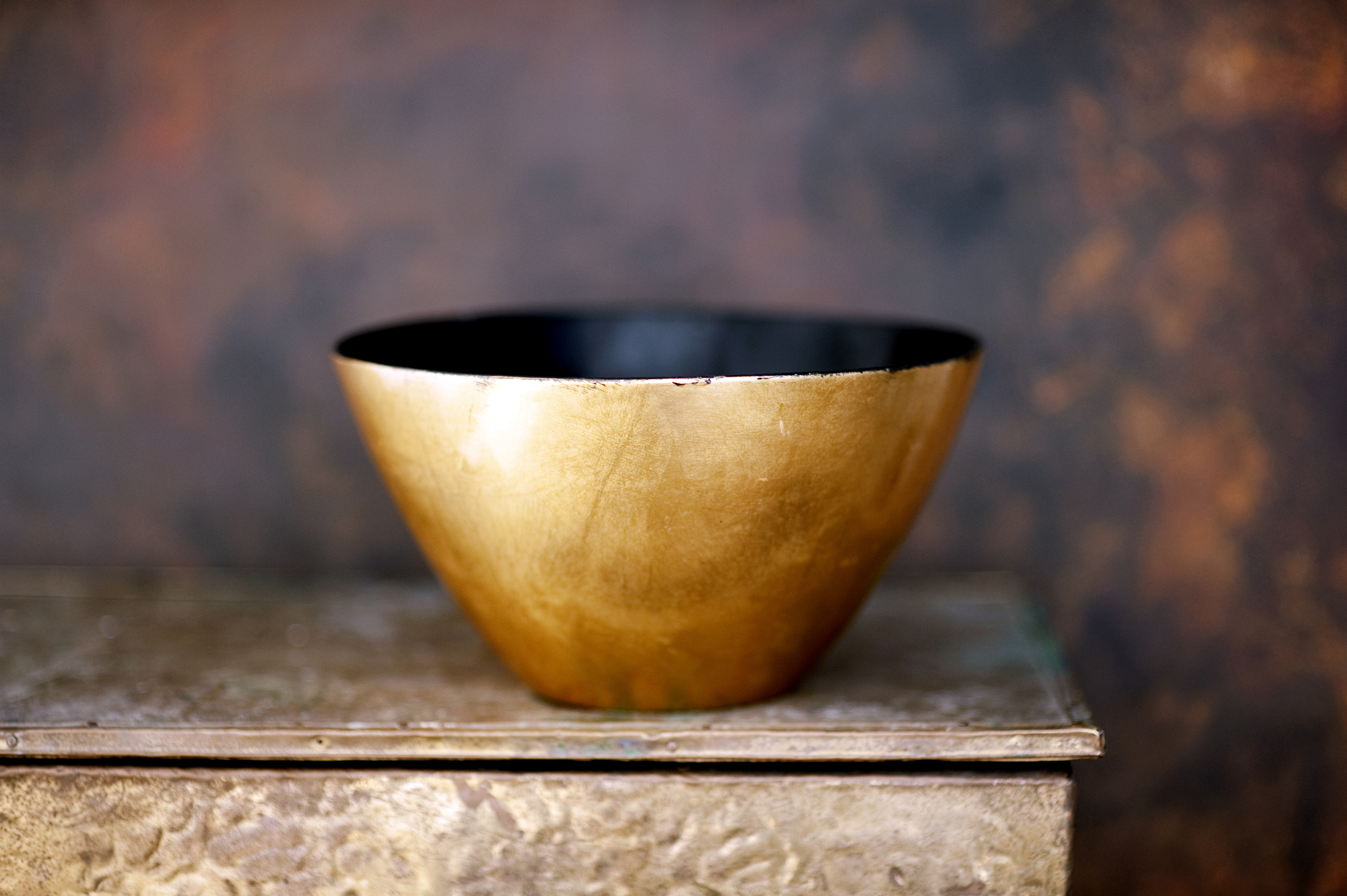Chinese herbology has existed since prehistoric times. The earliest known records are attributed to Shen Nung, 3494 B.C.
The ancient Daoist monks left detailed records of extensive herbal studies aimed at finding “elixirs” to provide a healthy and long life. These lead to many theories about herbology (the Shang Han Lun, 206 B.C., etc.) Today, the basis of most common formulas often dates back 2,000 years or more.

"Tai yang zhi wei bing, mai fu, tou xiang jiang tong er wu han"
Shanghan Lun
Along with Acupuncture, Herbology is widely used as modality for the treatment and prevention of disease.
Highlights on herbology:
Herbal formulas can be prescribed as single or a combination of herbs; They can be dispensed as decoctions, capsules, powders, teas and ointments.
There are also Patent formulas, which are Classic herbal formulas -many in existence for thousands of years - that have been formulated for common ailments.
Herbal formulas are prescribed based on symptomatology, current and past disharmonies, ability to heal as well as constitution. Formulas prescribed for an acute pattern of disharmony are given for a short period and formulas to improve constitution as well as prevent disease are given for long periods of time.
There are over 5600 medicinal substances currently in use. With the rapid growth of the herbal industry, it has become more and more challenging for Practitioners and Patients when it comes to selecting high-quality products.
There are reputable companies providing quality herbs, there are also unethical manufacturers selling substandard, tainted and even toxic products that generate a negative image for the whole profession.
Although many herbal products on the market share the same traditional name and similar ingredients, the potency and purity of products can vary drastically between companies. The therapeutic efficacy of an herbal product can only be guaranteed with tests to verify authenticity, potency, purity, and safety. To ensure efficacy and safety our clinic only dispenses herbs and formulas manufactured in the United States under strict guidelines.
Additionally, there are herb-drug interactions, herbal allergies as well as contraindications. Although oriental herbs are natural, it is imperative not to take herbs or herbal formulas without the prescription of a licensed practitioner to avoid any adverse reaction.
Unlike other treatments, Oriental Medicine is a customized treatment for each individual, something that MUST be emphasized to our patients: how many times do we hear people saying "My Doctor gave me XYZ herbal prescription/ did acupuncture here / told me to do this or that for my headaches, take a few of these for your headache and see if it helps."
This is the worst mistake anyone can do as prescriptions are aimed for a specific imbalance, with a specific symptomatology in that specific person. Oriental Medicine does have "generic" points and herbs for common diseases, as many people know, LI 4 (HeGu) for headaches, or PC6 (Neiguan) for nausea, Ban Lan Gen for colds and flu, but usually a prescription after a thorough evaluation and a differential diagnosis consists of more than those generic herbs and points and should be treated like a toothbrush: Just for you!